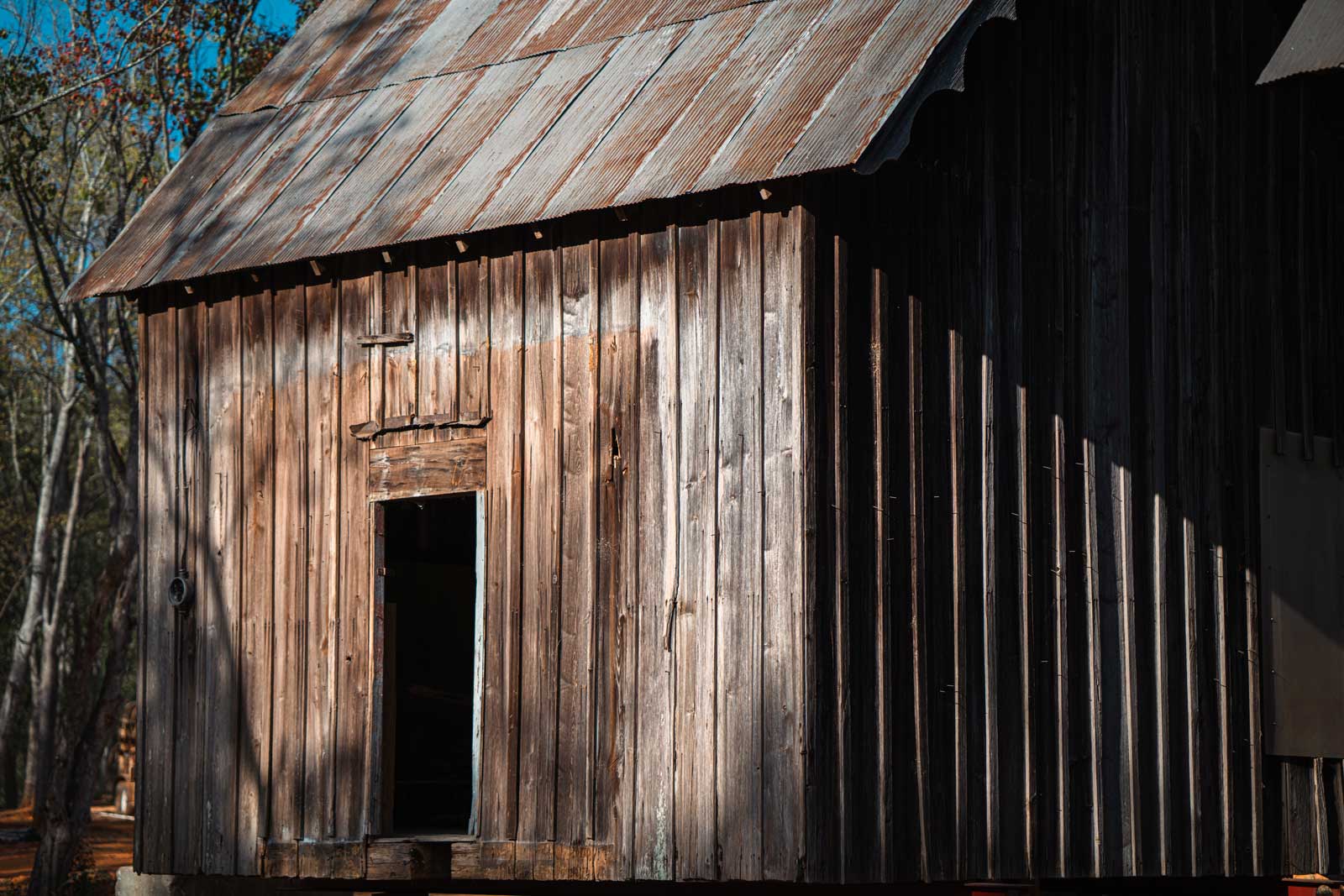EJI Announces New Freedom Monument Sculpture Park
New addition to the Legacy Sites will open early 2024
10.11.23

Opening early 2024, the new 17-acre Freedom Monument Sculpture Park will bring together history, narrative, large-scale sculptures, contemporary art commissions from many of the greatest living artists, a new National Monument to Freedom honoring enslaved people who were emancipated after the Civil War, and many historic artifacts that together create an immersive, multifaceted examination of America’s history with a focus on slavery and its legacy.
The Sculpture Park will join EJI’s award-winning Legacy Museum and the National Memorial for Peace and Justice to form the Legacy Sites. The Sculpture Park fuses the power of art with history, animates the humanity and struggle of enslaved Black Americans, and sheds light on our nation’s history. Designed to be experienced as one journey, visitors are encouraged to visit all three Legacy Sites.
The Freedom Monument Sculpture park will feature newly commissioned works by artists including Alison Saar and Kwame Akoto-Bamfo, alongside major sculptures from Wangechi Mutu, Rose B. Simpson, Theaster Gates, and Kehinde Wiley.
The National Monument to Freedom will be the highlight of the experience. Standing 43 feet tall and over 150 feet long, the Monument will honor all four million enslaved Black people who were emancipated at the end of the Civil War by memorializing more than 120,000 unique surnames documented at the time.
The Monument will celebrate the courageous survivors of this horrific era by recognizing the families they created and millions of their descendants, many of whom still carry the names chosen by their formerly enslaved foreparents.
The plaza surrounding the National Monument will feature writings from Harriet Tubman, Frederick Douglass, and James Weldon Johnson. Visitors will be able to honor formerly enslaved people by placing flowers in a stream that flows next to the Monument.
Space for reflection, remembrance, and contemplation will mark the conclusion of the journey through Freedom Monument Sculpture Park.
“In order to deepen our collective understanding of racial injustice and its impact on contemporary issues, our country must reckon with the painful history and legacy of slavery,” said EJI Director Bryan Stevenson. “Historical examination and memorialization are critical to help move us forward and build healthier communities, and we’re honored to work with some of the greatest contemporary artists to provide a cultural space for all visitors to engage with this vital part of history.”
“Slavery touched almost every corner of the world—from the Americas to Africa and Europe—and we invite everyone to visit Freedom Monument Sculpture Park for a profound experience that will illuminate challenging aspects of our past, while inspiring a more hopeful future shaped by truth and justice.”
Situated on the banks of the Alabama River, where tens of thousands of enslaved Black people were trafficked by boat and rail, the Freedom Monument Sculpture Park creates an immersive experience in a historically significant physical space where visitors can deepen their knowledge and understanding of history, the power of art, and the importance of justice.
More details about the opening of Freedom Monument Sculpture Park will be announced in the coming months.